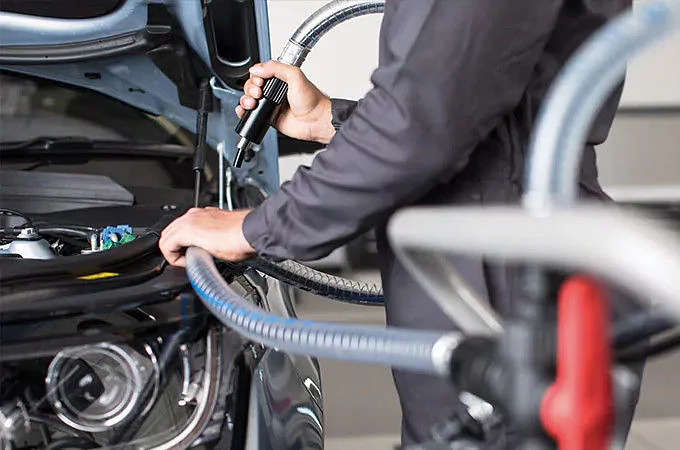Owning a car provides us with convenience, but it also comes with the responsibility of maintenance and repair. Electrical problems in your vehicle can be particularly frustrating and can leave you wondering, “How much does it cost to fix an electrical problem in your car?” In this article, we’ll explore common car electrical issues, their potential costs, and provide insights into when to seek professional help.
Common Car Electrical Problems
Car electrical issues can range from minor inconveniences to significant problems that affect your vehicle’s overall performance. Let’s take a look at some common electrical problems you might encounter:
- Dead Battery: A dead battery is one of the most frequent electrical problems. It can happen due to lights left on, extreme temperatures, or an aging battery. Replacing a car battery is a relatively straightforward and cost-effective fix.
- Faulty Alternator: The alternator charges the battery and powers the vehicle’s electrical system. When it fails, you may experience dimming lights, stalling, or difficulty starting your car. Replacing an alternator can be more expensive, typically costing a few hundred dollars, including labor.
- Faulty Starter Motor: If you turn the key and nothing happens, a faulty starter motor might be the culprit. Replacing a starter motor can vary in cost, depending on your car’s make and model, but it often falls within the range of $200 to $600.
- Blown Fuses: Fuses protect your car’s electrical systems. If a particular component stops working, a blown fuse might be the issue. Replacing a fuse is inexpensive and can often be done at home.
- Faulty Wiring: Electrical problems can also stem from damaged or corroded wiring. Diagnosing and repairing faulty wiring can be more labor-intensive, and costs can vary widely based on the extent of the damage.
How Much To Fix Electrical Problem In Car?
The cost of fixing an electrical problem in your car can vary significantly based on several factors:
- Type of Problem: As mentioned, the type of electrical issue plays a crucial role in determining the cost. A blown fuse replacement can cost just a few dollars, while replacing a complex component like the ECU (Engine Control Unit) can be more expensive, often exceeding $1,000.
- Labor Costs: Labor costs vary depending on where you take your vehicle for repairs. Dealerships typically charge higher labor rates than independent repair shops. Additionally, the complexity of the repair influences the time it takes and, consequently, the labor cost.
- Car Make and Model: The make and model of your car can impact the cost of fixing electrical problems. High-end and luxury cars may have more expensive parts and labor costs.
- Warranty: If your car is still under warranty, some electrical repairs may be covered, reducing or eliminating the cost to you.
- DIY vs. Professional Repair: Some minor electrical issues, such as replacing a fuse, can be resolved with basic DIY skills and minimal cost. However, complex problems often require professional diagnostics and repair.
When to Seek Professional Help
While some car electrical problems can be resolved by experienced DIY enthusiasts, it’s important to know when to seek professional help. Here are some signs that indicate you should consult a mechanic:
- Complex Issues: If you’re unsure about the problem’s cause or the solution required, it’s best to consult a professional.
- Safety Concerns: Electrical problems can pose safety risks. Ignoring warning signs, such as flickering lights or burning smells, can lead to hazardous situations.
- Warranty Considerations: If your car is still under warranty, consult the dealer or an authorized service center to ensure you don’t void the warranty with DIY repairs.
- Specialized Equipment: Diagnosing and repairing certain electrical problems may require specialized tools and equipment that professionals have access to.
Conclusion
The cost to fix an electrical problem in your car can vary widely based on the issue’s complexity, your car’s make and model, and where you seek repairs. While some minor issues can be addressed through DIY solutions, it’s essential to know your limits and when to consult a professional mechanic. Regular maintenance and addressing electrical issues promptly can help keep your vehicle running smoothly and avoid more significant problems down the road.
Remember, when facing electrical problems in your car, safety and the well-being of your vehicle should be your top priorities. Always consider professional help when in doubt, and don’t postpone necessary repairs to ensure your car’s longevity and reliability.
